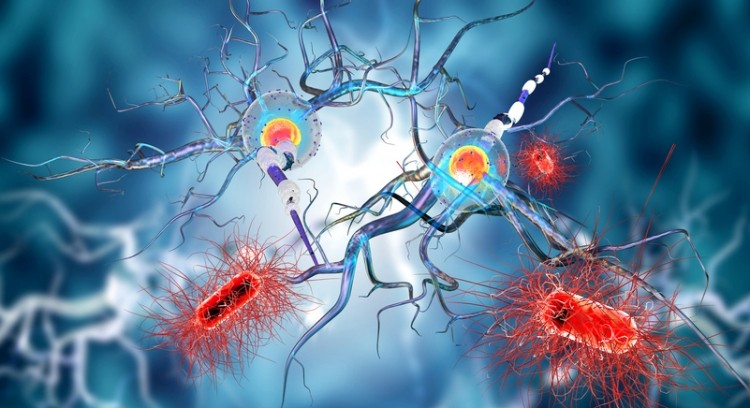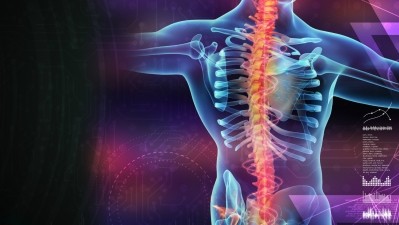Diet, not drugs: Professor espouses nutrition changes to treat MS

The diet includes the removal of all inflammatory foods (grain, legumes, and eggs) for 100 days, and replaces them with vegetables like cabbage, seaweed, onion and mushrooms, fermented foods, meats and organ meats.
Wahls told NutraIngredients-Asia: "There are scientific trials I've conducted and am still doing. We had 20 people in the first trial with progressive MS, and they had improved cognition and reduced depression afterwards, as shown by neurological tests.
"The next study we did focused on food only, with no supplements. We saw improvements in energy levels and motor function."
One of the studies, on how multi-modal intervention could alleviate fatigue in MS patients, found that a modified Paleolithic diet, nutritional supplements, stretching, strengthening exercises and stress management reduced fatigue and improved quality of life for its participants.
Similar results were reported in a study on how a Paleolithic diet could benefit MS patients, while a study using similar methods to the first one observed an improvement in MS patients' gait and balance.
All these studies were published in the journal Degenerative Neurological and Neuromuscular Disease.
Yet another study, published in the Journal of the American College of Nutrition, reported better mood and cognitive symptoms in MS patients after intervention involving a Paleolithic diet, exercise, and stress management.
Wahls is currently coordinating a study on MS patients who have relapsed: "For 12 weeks, they will follow their usual diets, then they will be randomised to be on either a low-saturated fat diet, or the Wahls Protocol Diet. We are aiming to recruit 100 participants before we kick things off."
Drug-related difficulties
Wahls herself has secondary progressive multiple sclerosis — she first experienced symptoms in 1980, followed by dimmed vision in her left eye seven years later.
In 2000, she developed weakness in the legs and was then confined to a tilt-recline wheelchair for four years. Perhaps due to limitations in medical science at the time, she found herself condition worsening despite receiving highly qualified professional treatment.
She said, "My face pains worsened; Tegretol was prescribed but I developed a drug rash. I saw MS specialists at Cleveland Clinic, an internationally recognised MS centre, and started on disease-modifying drugs, but relapsed and continued to decline.
"I experienced slow and steady worsening of neuropathic pain, fatigue, balance and gait. No medications controlled the pain."
Neuropathic nutrition
Frustrated at her situation, Wahls began researching studies on animal models of neurodegenerative diseases.
She said, "Inflammation (in MS patients) often causes relapses, but we don't know what causes inflammation. Also, neurodegeneration, which involves the brain and spine shrinking and leads to permanent disability, is not well understood.
"But we've found that if the mitochondria is poisoned by environmental factors, it cannot produce enough energy, and the brain and spinal chord cells are given signals to die prematurely."
Following her own research, she started making supplement 'cocktails' containing vitamin D, cod liver oil, and targeted B vitamins, which she said were "designed to support the mitochondria", before developing the Wahls Protocol Diet.
She gradually regained her ability to walk and presently, even rides her bicycle to work daily.
Wahls added that personalised nutrition could be useful for MS patients: "They need to have a basic diet that will benefit them, and combine it with a nutrition programme tailored to their needs — one cannot work without the other.
"Even more importantly, nutrigenomics (employed by many personalised nutrition providers) will help facilitate an understanding of what is needed to repair and enhance our brain cells."


















